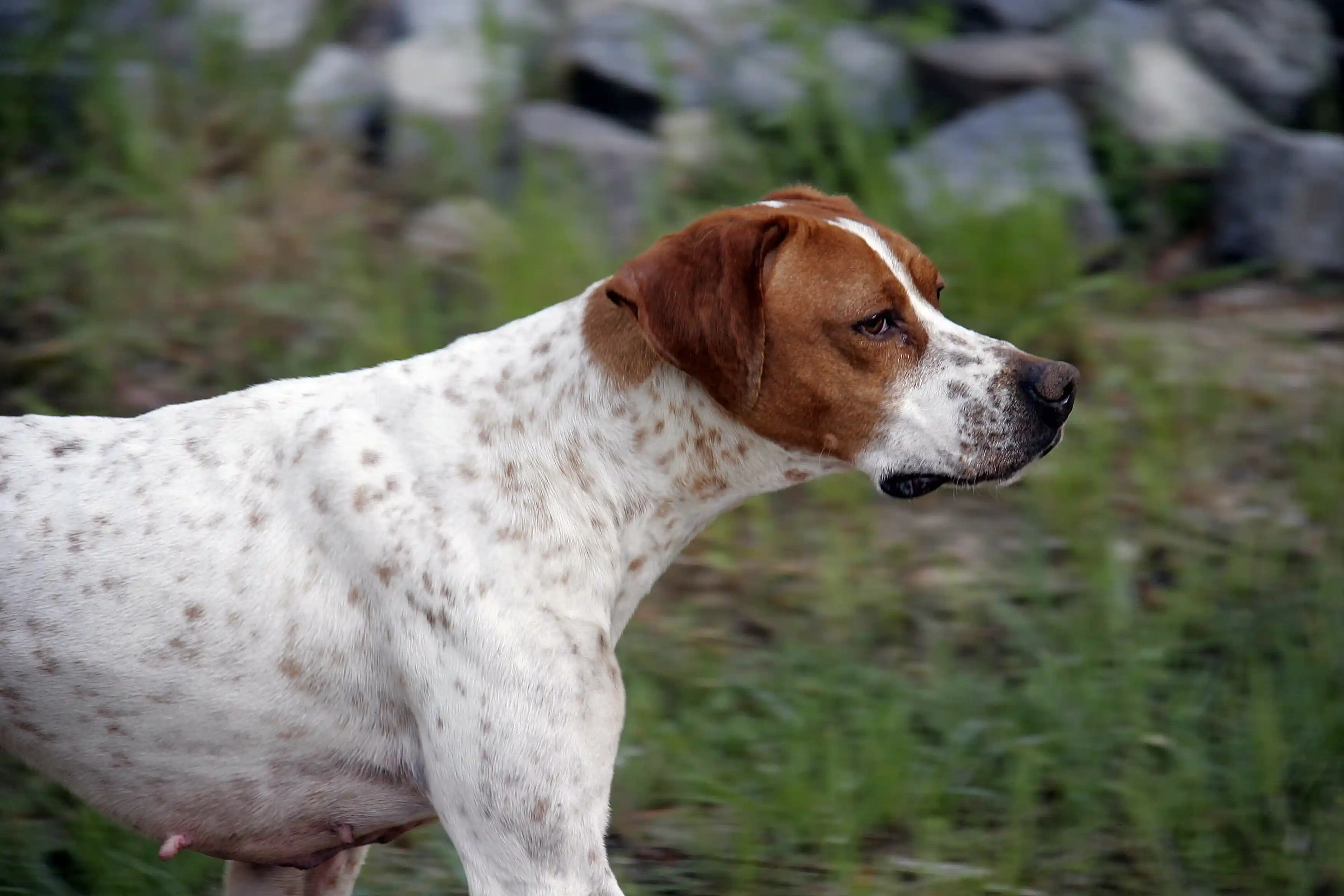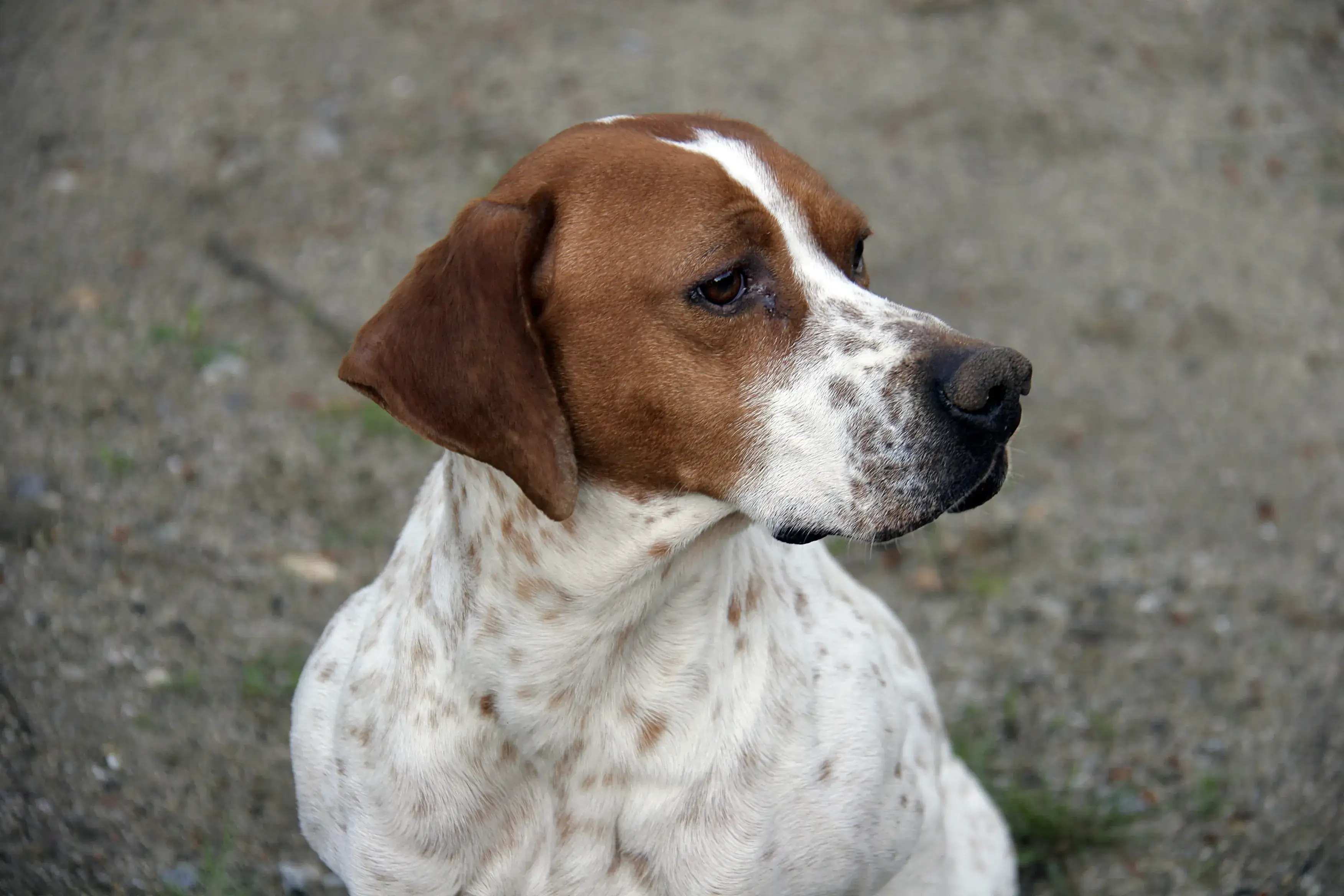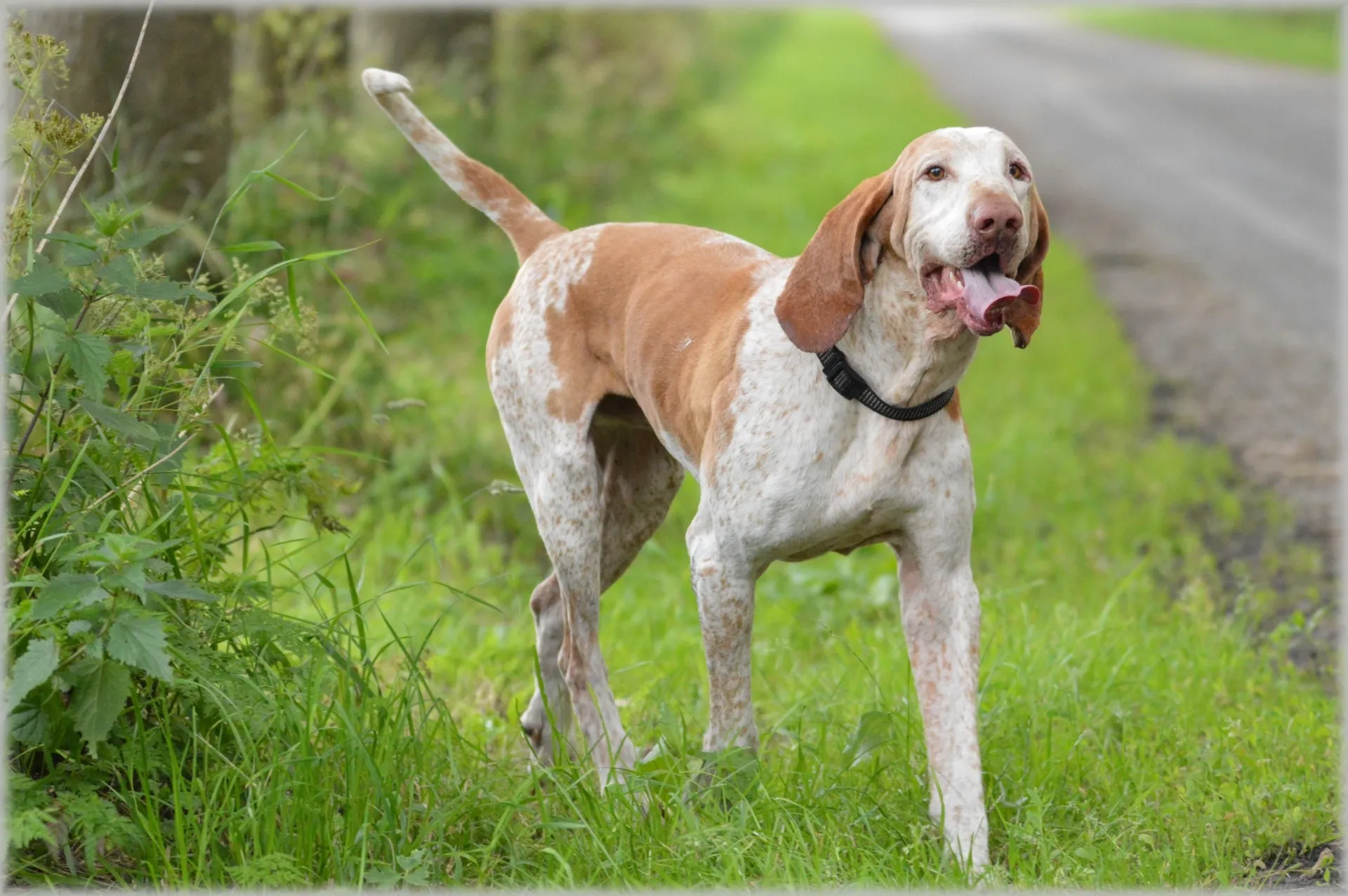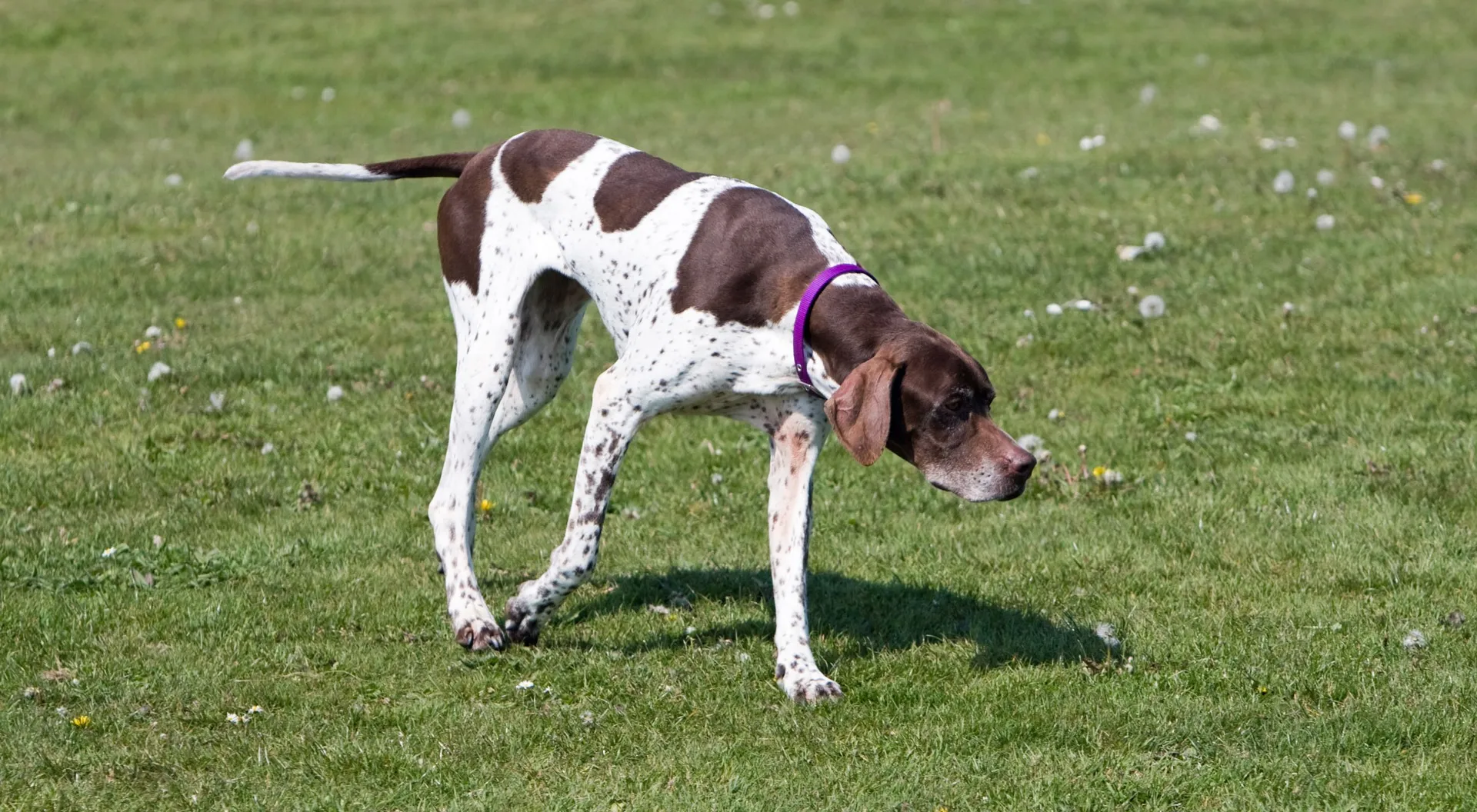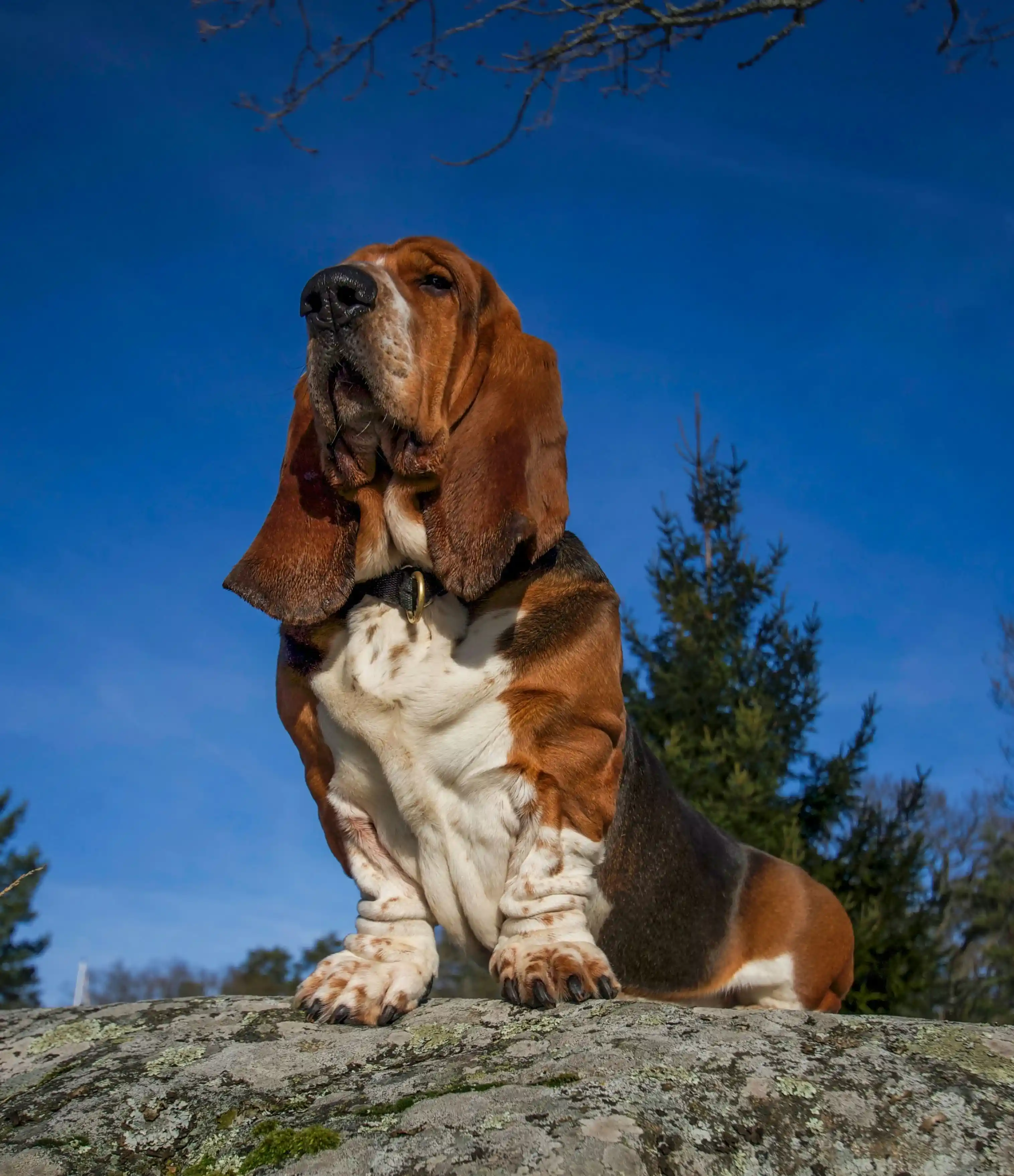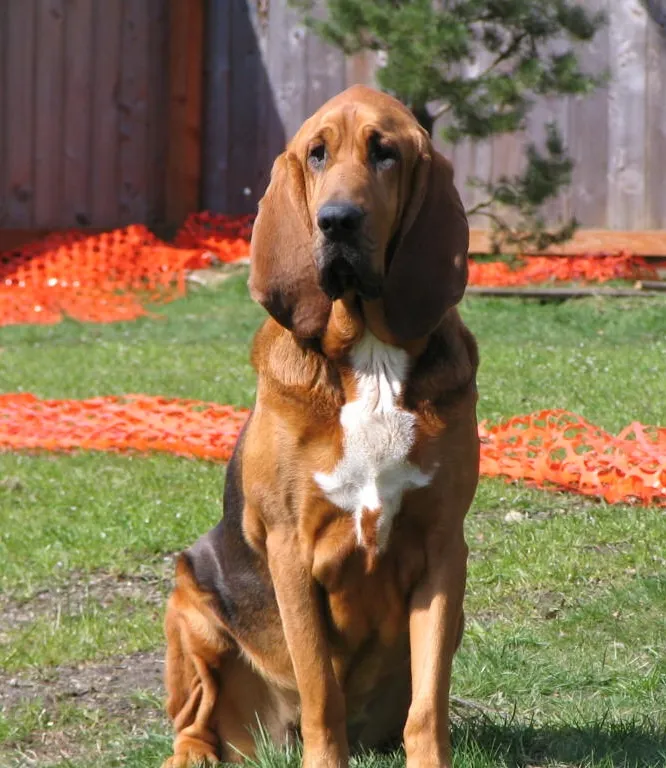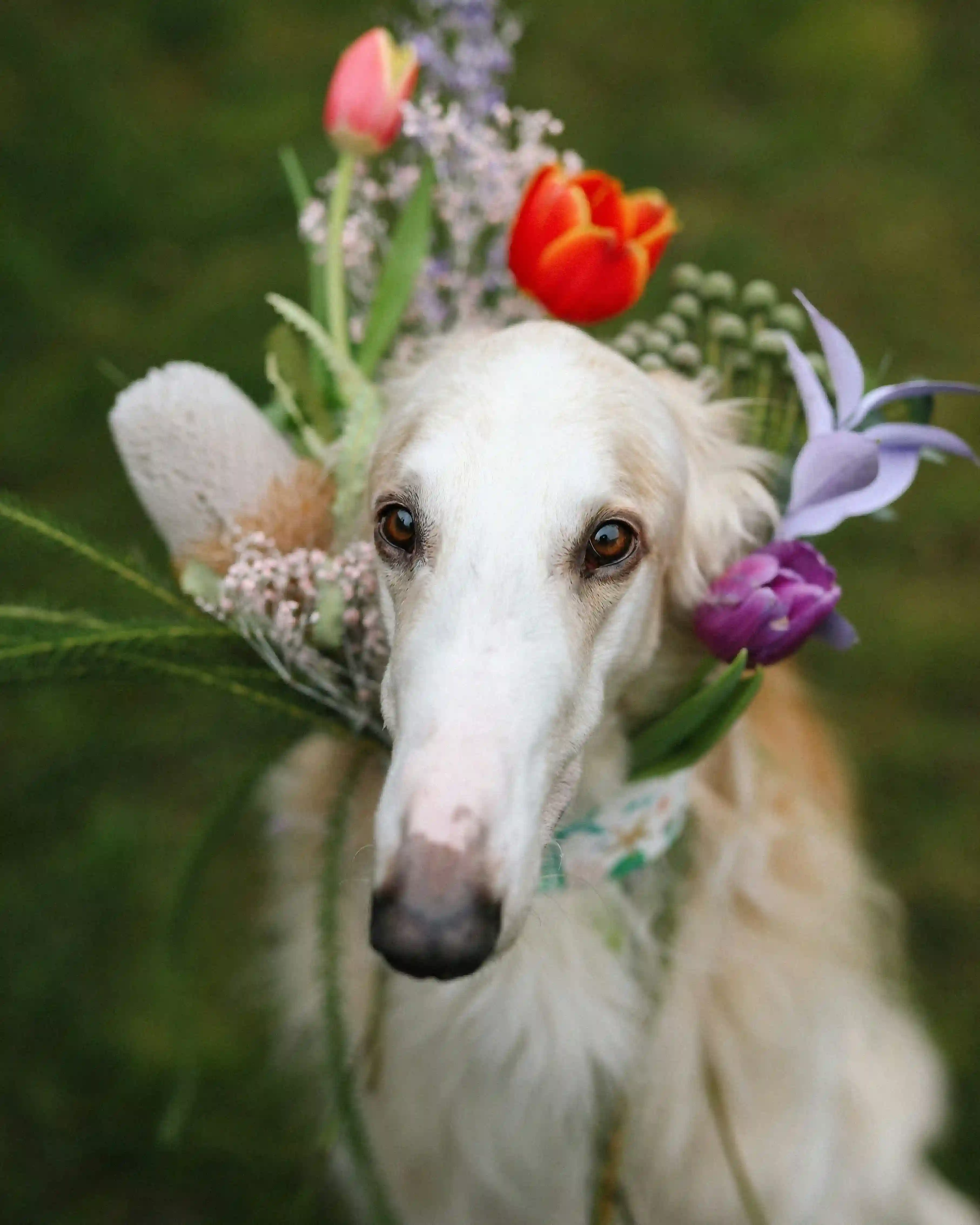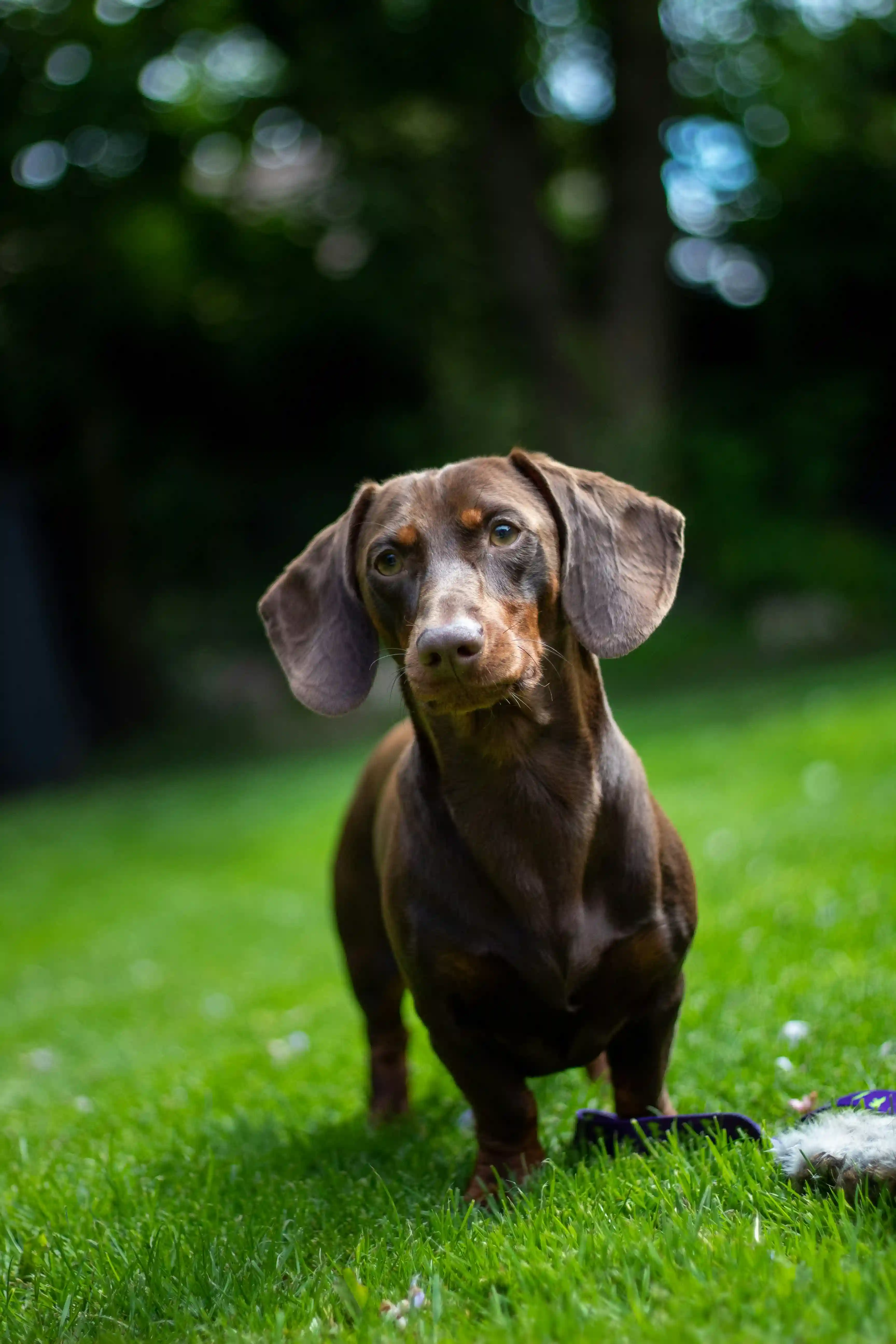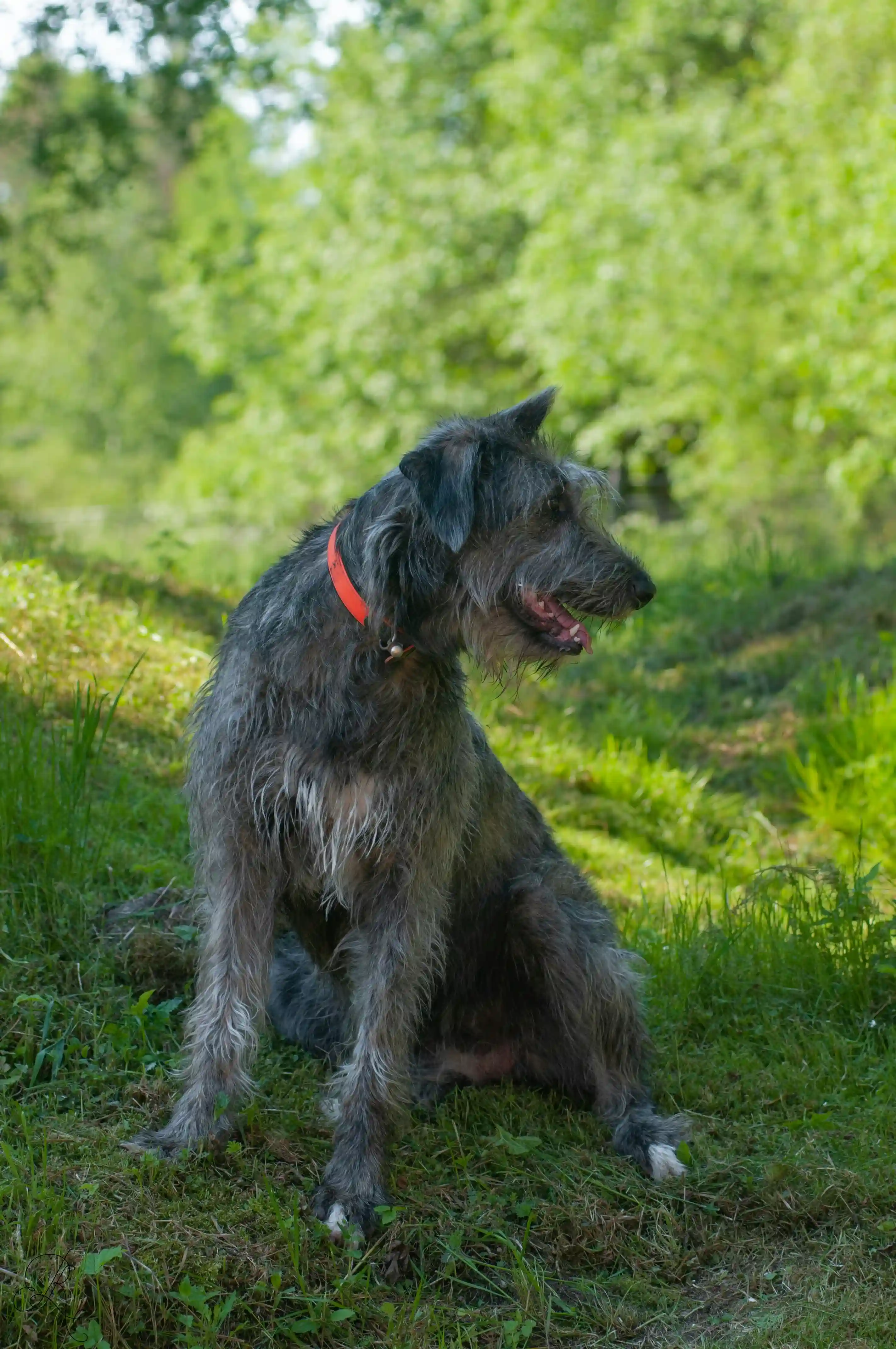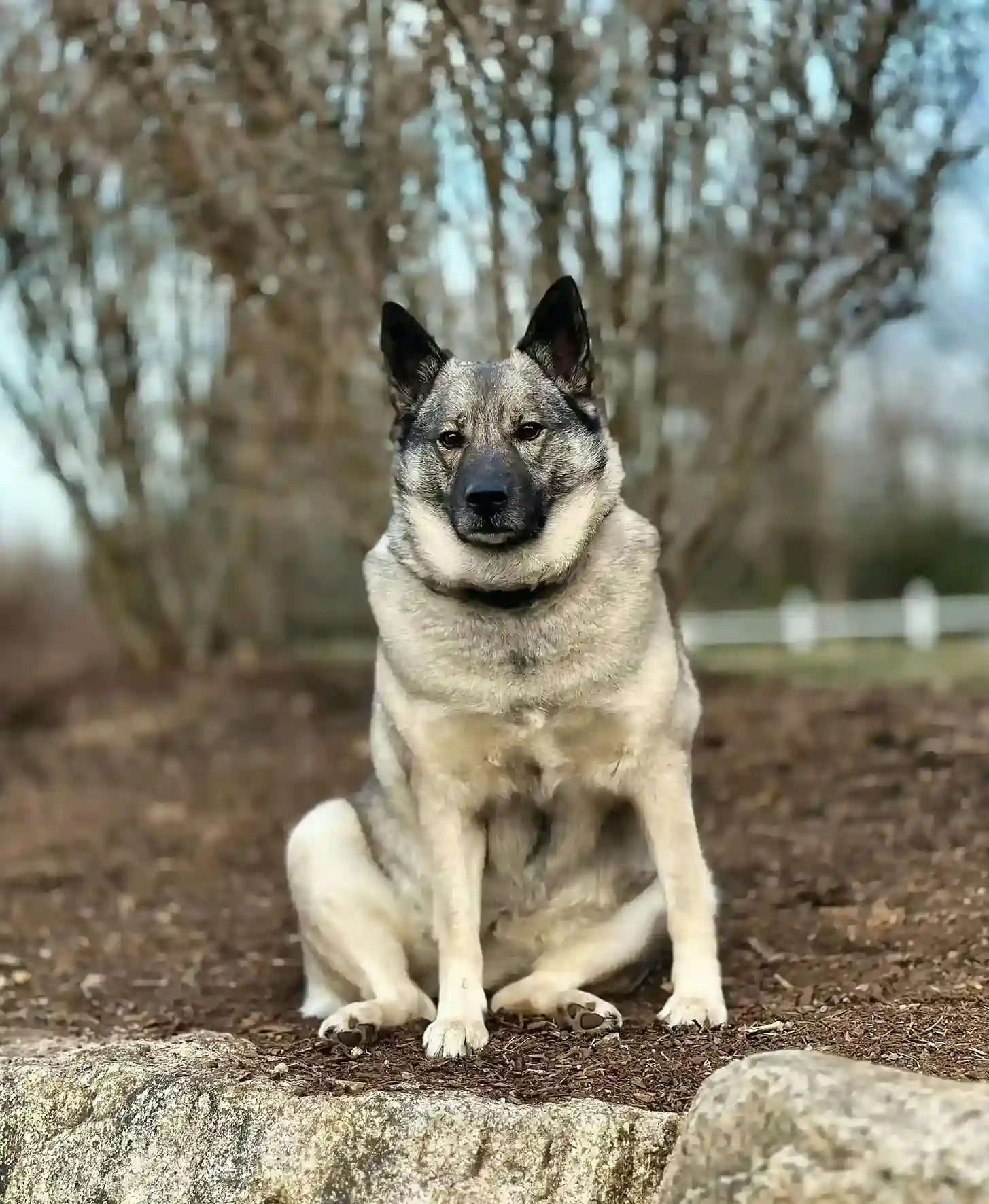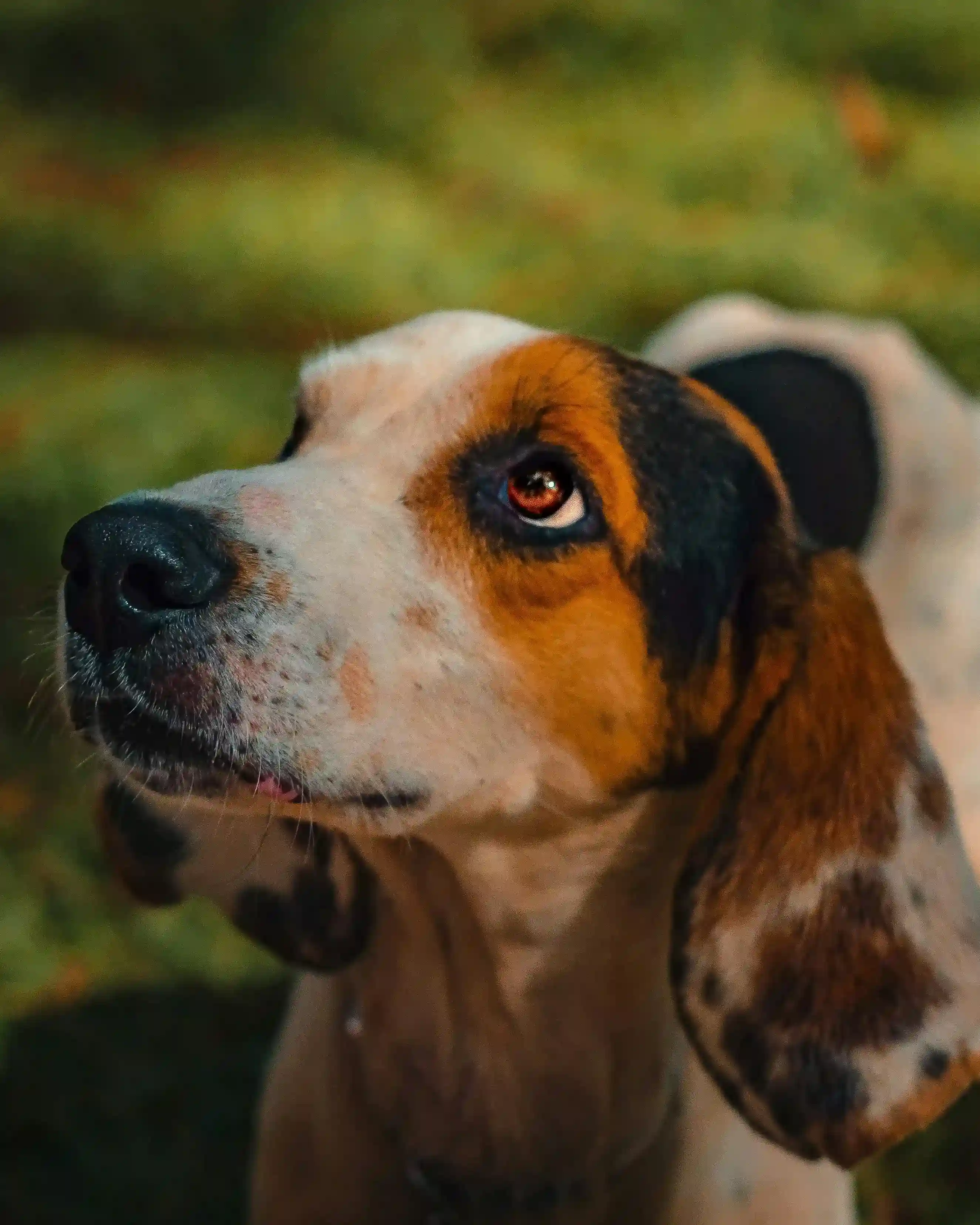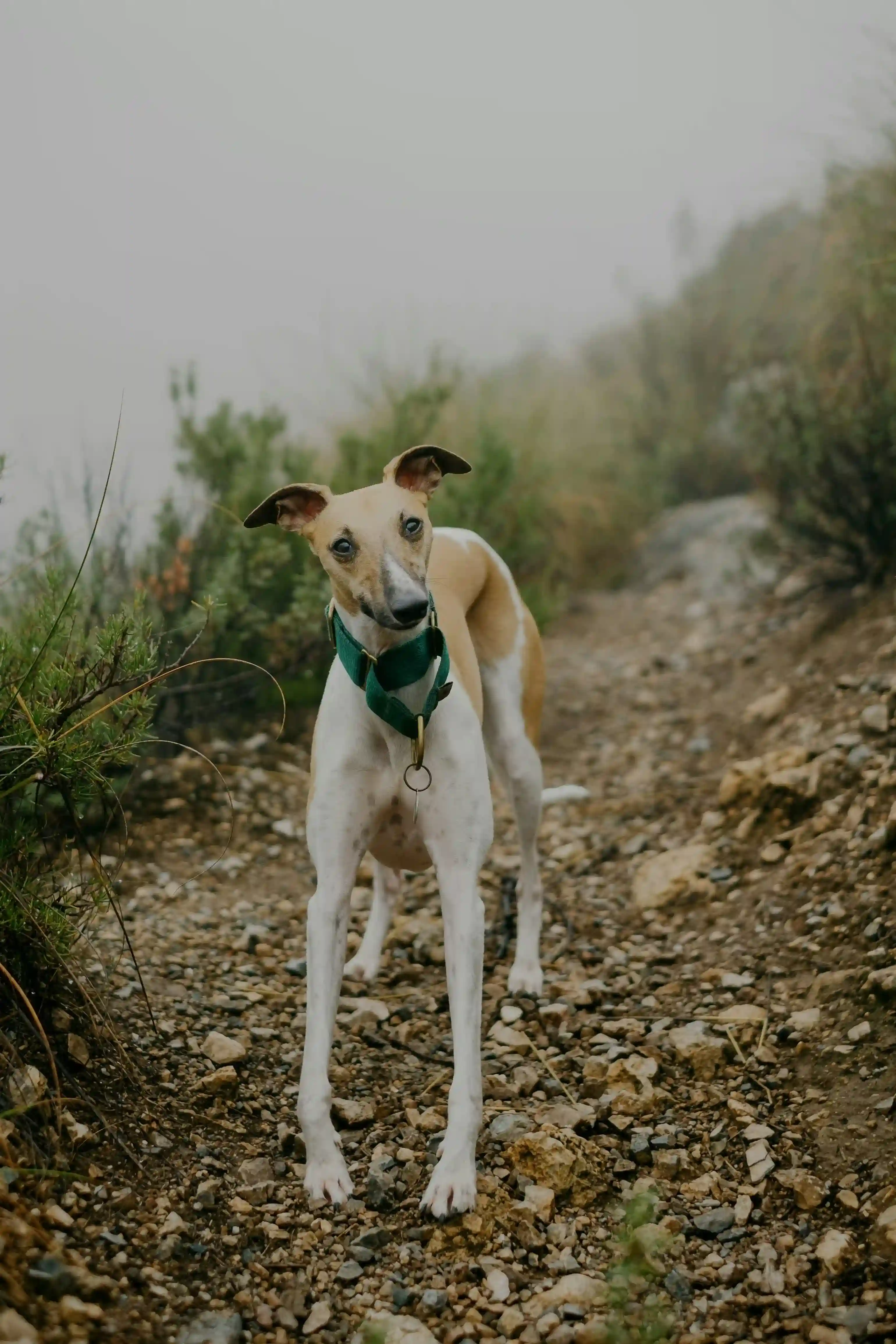Summary: The American English Coonhound is a tenacious and athletic scent hound originally bred for hunting raccoons and other game across diverse terrain, both day and night. Known for their remarkable stamina and keen nose, these dogs excel in fieldwork but are equally known for their affectionate and friendly demeanor at home. Intelligent and outgoing, Coonhounds typically get along well with people, children, and other dogs. They are known for their distinctive, musical baying voice, which is prized by hunters but may require consideration in residential neighborhoods. Their combination of hunting instinct and companionability makes them a favorite among active families and outdoor enthusiasts.
Care: American English Coonhounds have a short, hard coat that is easy to maintain with weekly brushing using a hound glove or soft bristle brush to remove loose hairs and dirt. Despite their low grooming needs, regular care such as nail trimming, ear cleaning (especially because of their long ears), and dental hygiene are essential. This breed is high-energy and needs significant daily exercise — long walks, jogs, or time off-leash in a secure area are ideal. They also enjoy scent-based games and activities that challenge their mind. Without proper exercise and engagement, they may develop behavioral issues like digging, howling, or destructive chewing.
Conditions: The American English Coonhound thrives in active households with plenty of outdoor space to run and explore. They do best in rural or semi-rural areas, though suburban homes with access to parks or trails can also be suitable if their energy needs are met. These dogs are highly trainable but can exhibit stubbornness due to their independent hunting nature, so consistent, positive reinforcement training is key. Early socialization helps ensure they grow into well-adjusted adults. Due to their prey drive, they may not always coexist peacefully with smaller animals. They are happiest when they have a job to do and regular opportunities to follow scents and stay active.
updated: Feb. 10, 2026, 11:52 a.m.

